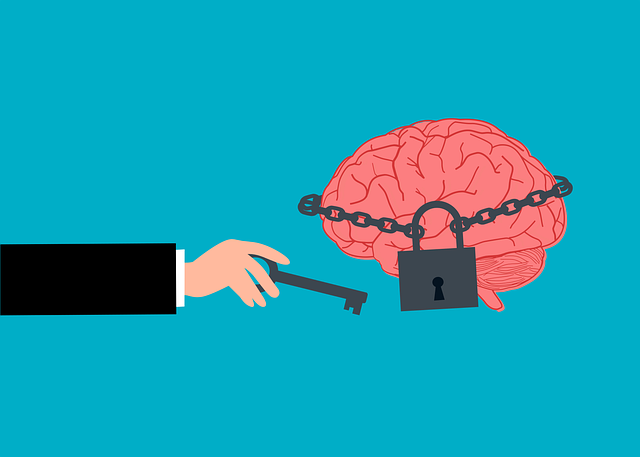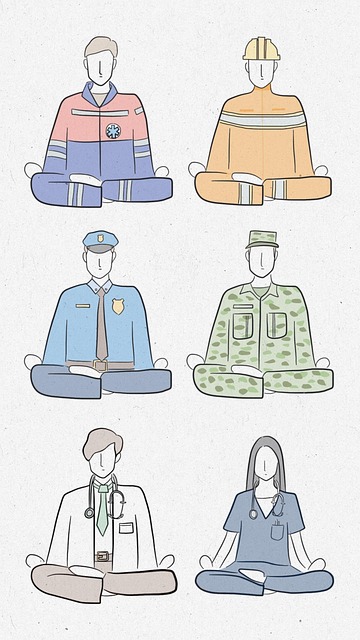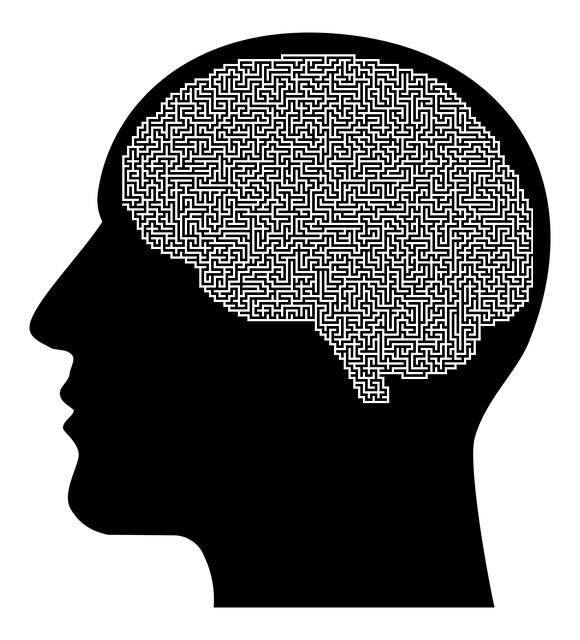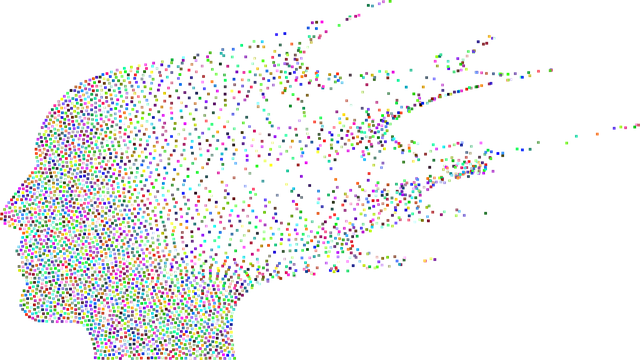Depression prevention involves recognizing early signs and adopting holistic strategies. Centennial Somatic Experiencing (CSET) therapy combines talk therapy with physical techniques to target deep trauma, improving emotional resilience. Integrating CSET with crisis guidance and policy advocacy creates a comprehensive approach. Lifestyle changes, including exercise, diet, mindfulness, creative outlets, and social connections, are powerful tools. CSET builds coping mechanisms like breathing exercises and meditation for stress management, fostering emotional intelligence and proactive mental health care. A multi-faceted approach involving professional help, community support, and self-care practices empowers individuals to navigate depression effectively.
Depression is a prevalent mental health challenge, but proactive strategies can prevent its onset. This article explores comprehensive approaches to safeguard your mind and well-being. From recognizing key symptoms to uncovering the benefits of innovative therapies like Centennial Somatic Experiencing (CSET), we guide you through effective prevention tactics. Discover how lifestyle adjustments, resilience-building techniques, and accessible support systems can empower you in the fight against depression.
- Understanding Depression: Recognizing the Red Flags
- The Role of Centennial Somatic Experiencing Therapy (CSET) in Prevention
- Lifestyle Changes for Mental Well-being
- Building Resilience: Coping Strategies and Mindfulness Techniques
- Seeking Support: Professional Help and Community Resources
Understanding Depression: Recognizing the Red Flags

Depression is a complex mental health condition that significantly impacts an individual’s daily functioning and overall well-being. Recognizing the early signs and symptoms is crucial in preventing its onset or mitigating its effects. Red flags may include persistent feelings of sadness, loss of interest in activities once enjoyed, changes in appetite and sleep patterns, fatigue, difficulty concentrating, and thoughts of worthlessness or suicide. These indicators can be subtle and often go unnoticed, but they are essential indicators that something is amiss.
Centennial Somatic Experiencing Therapy (CSET) offers a unique approach to understanding and addressing these red flags by focusing on the mind-body connection. CSET combines traditional talk therapy with physical techniques to help individuals develop inner strength and resilience. By integrating this therapeutic method, along with Crisis Intervention Guidance and Mental Health Policy Analysis and Advocacy, we can create a comprehensive strategy to prevent depression and foster overall mental health.
The Role of Centennial Somatic Experiencing Therapy (CSET) in Prevention

Centennial Somatic Experiencing Therapy (CSET) offers a promising approach to depression prevention by focusing on the profound connection between emotional healing processes and physical experiences. This therapy goes beyond traditional talk therapy, integrating mind-body techniques to address deep-seated trauma that can contribute to mental health disorders. CSET facilitates the release of traumatic memories and associated physical sensations, helping individuals process and resolve these past events in a safe environment.
By enhancing healthcare provider cultural competency training and incorporating practices like CSET into Mental Health Policy Analysis and Advocacy, there’s potential to transform depression prevention strategies. This holistic approach ensures that individuals receive comprehensive care that respects their unique experiences and needs, ultimately fostering better mental health outcomes.
Lifestyle Changes for Mental Well-being

Adopting a healthier lifestyle is a powerful tool in the prevention and management of depression. Regular physical activity, for instance, has been shown to boost mood by releasing endorphins, which act as natural antidepressants. Additionally, a balanced diet rich in nutrients supports brain health and overall mental resilience. The Centennial Somatic Experiencing Therapy (CSET) approach emphasizes the connection between body and mind, encouraging individuals to explore physical sensations as a means of regulating emotions and cultivating a deeper sense of calm.
Developing coping skills is another vital aspect. Techniques like mindfulness meditation, deep breathing exercises, and yoga can help individuals manage stress and navigate difficult emotions. Engaging in creative outlets, spending time in nature, and fostering meaningful connections also contribute to mental wellness. The Mental Wellness Podcast Series Production and Coaching Programs Development offer accessible resources for learning these coping skills, providing practical tools for maintaining mental balance.
Building Resilience: Coping Strategies and Mindfulness Techniques

Building resilience is a key component in preventing depression. Coping strategies, such as those taught through Centennial Somatic Experiencing Therapy (CSE), can help individuals navigate stressful situations and regulate their emotions effectively. By focusing on mindfulness techniques like deep breathing exercises and meditation, people can develop a greater awareness of their thoughts and feelings, enabling them to respond rather than react to challenging circumstances.
Integrating these practices into daily life fosters emotional intelligence, enhancing one’s ability to manage stress and prevent burnout. Mental health awareness promotes proactive approaches to well-being, where individuals recognize early warning signs of depression and implement strategies to maintain a healthy balance. Ultimately, these coping mechanisms empower people to lead more fulfilling lives, reducing the risk of succumbing to depressive episodes.
Seeking Support: Professional Help and Community Resources

When navigating through depression, seeking support is a vital step towards recovery. Professional help plays a crucial role in providing individuals with effective tools and techniques to manage their mental health. Therapies like Centennial Somatic Experiencing (CSE) offer holistic approaches, focusing not just on symptoms but also on the underlying causes of distress. CSE helps individuals process traumatic memories and regulate emotional responses, fostering resilience and improved well-being.
Community resources should not be overlooked as they provide a sense of belonging and support networks. Social Skills Training programs can help connect individuals with like-minded people, fostering social connections that are beneficial for mental health. Additionally, Public Awareness Campaigns Development can break down stigma, encourage open conversations about mental health, and guide people towards available resources. Integrating self-care routines into daily lives, such as practicing mindfulness or engaging in physical activities, further strengthens the toolkit for preventing and managing depression.
Depression prevention is a holistic approach that combines understanding, therapy, lifestyle changes, resilience-building, and support. By recognizing red flags early on and adopting strategies such as Centennial Somatic Experiencing Therapy (CSET), mindful coping, and seeking professional help when needed, individuals can effectively navigate and overcome depressive episodes. These comprehensive methods empower folks to take charge of their mental well-being and cultivate a more vibrant and fulfilling life.










